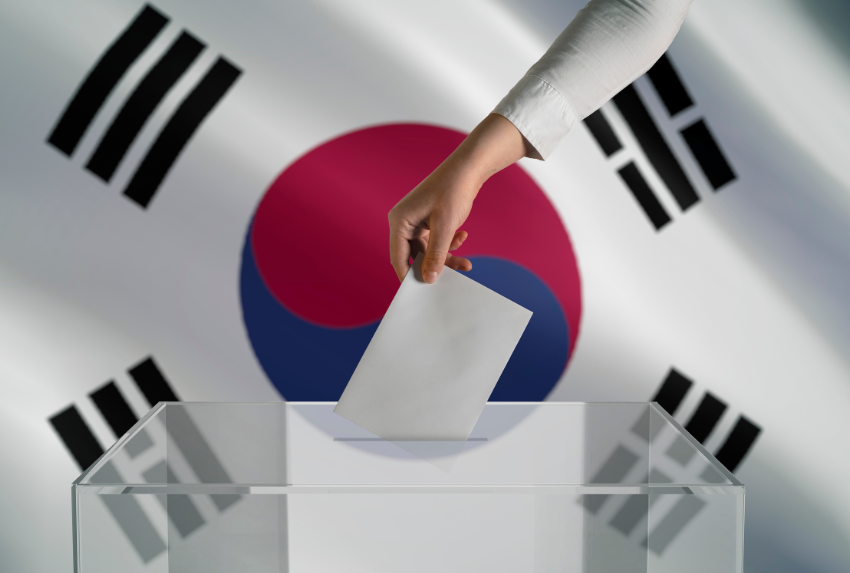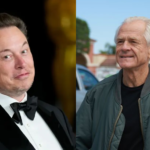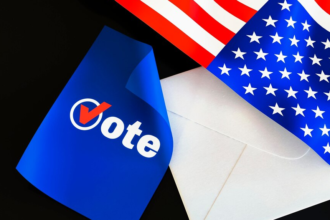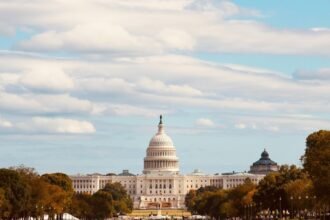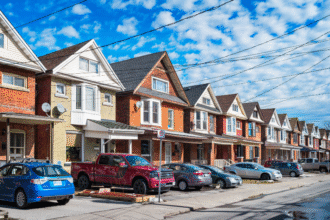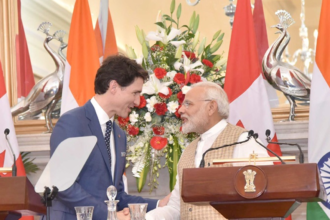South Korea is gearing up for a presidential election on June 3, 2025, after the Constitutional Court upheld the impeachment of President Yoon Suk Yeol. The decision follows months of political instability after Yoon’s controversial martial law declaration in December 2024, which led to massive protests and widespread political unrest. This South Korean election is seen as a pivotal moment for the nation, offering voters the chance to decide on the future direction of the country as it recovers from the unprecedented crisis.
What Led to Yoon Suk Yeol’s Impeachment?
The impeachment of President Yoon came as a result of his martial law declaration, which he justified by citing threats from “anti-state forces” and North Korea. However, this reasoning was widely viewed as an overreach, and it soon became apparent that Yoon’s decision was motivated more by his domestic political troubles than by external security threats.
In December 2024, Yoon’s government faced growing public dissatisfaction, with protests calling for his resignation becoming increasingly frequent. His martial law decree escalated the tensions, leading to further protests and a sharp division within the country. The move was perceived by many as an authoritarian tactic to quell dissent and consolidate power.
This political turmoil reached its peak when the National Assembly impeached Yoon in December 2024. The impeachment was then brought before the Constitutional Court, which upheld the decision on April 4, 2025, officially removing him from office. By South Korea’s constitution, a snap election was mandated, with the election date set for June 3, 2025.
In the aftermath of Yoon’s impeachment, Acting President Han Duck-soo, who took over as president after Yoon’s removal, called for the country to focus on healing. “We must quickly heal from the wounds and move upward and forward,” he said. His words reflect the mood of the nation as South Korea seeks to move past the political crisis and restore stability.
How Did Martial Law Impact South Korean Society?
Yoon’s martial law declaration plunged South Korea into one of its most politically volatile periods in recent history. While Yoon’s supporters argued that martial law was necessary to maintain order and deal with what they called “anti-state forces,” the public reaction was largely negative.
Protests erupted across the country, with citizens expressing their anger at Yoon’s decision and calling for his resignation. These demonstrations were not only a response to the martial law declaration but also a manifestation of growing frustration with the political elite. Many South Koreans viewed Yoon’s move as an attempt to suppress dissent and manipulate the political system in his favor.
The protests underscored deep divisions in South Korean society. On one hand, Yoon’s supporters—largely from conservative circles—believed that his actions were justified in the face of external and internal threats. On the other hand, liberals and progressives saw the martial law declaration as an authoritarian power grab. This division created a volatile political environment, with tensions running high across the country.
As the nation prepares for the South Korean election, the political landscape remains fractured. The upcoming election will be crucial in determining whether the country can heal these divisions or whether they will persist and deepen.
Who Are the Major Candidates in the Upcoming Election?
Several politicians have thrown their hats into the ring for the South Korean election, each hoping to capture the support of voters who are eager for change. Among the potential candidates, Kim Moon-soo, the country’s former labor minister, has announced his candidacy. He stepped down from his government post to launch his campaign for the presidency. His platform centers on economic reform, worker rights, and reducing the influence of large conglomerates in South Korea’s economy.
Ahn Cheol-soo, a lawmaker from the ruling People Power Party, has also signaled his intention to run in the South Korean election. Ahn has contested three previous presidential elections and has built a reputation as a centrist figure. He is expected to focus on bridging the gap between conservative and liberal voters, advocating for political stability and economic growth.
However, the frontrunner in the race is opposition leader Lee Jae-myung. Lee, who narrowly lost to Yoon in the 2022 presidential race, has emerged as the candidate to watch. A recent Gallup poll showed that Lee holds an approval rating of 34%, making him the most popular candidate in the South Korean election so far. His platform includes social welfare reforms, increased government spending on public services, and efforts to address inequality in South Korean society.
Lee’s popularity stems from his strong opposition to Yoon’s presidency and his efforts to position himself as a candidate who can unite the country after the deep divisions caused by Yoon’s impeachment. As the election approaches, all eyes will be on Lee as he seeks to build a coalition of voters from across the political spectrum.
What Are the Economic Challenges Facing South Korea?
In addition to political instability, South Korea is grappling with significant economic challenges. The country’s economy has been strained by a combination of factors, including the global economic slowdown, rising inflation, and trade tensions with key partners. One of the most pressing issues is the 25% tariff imposed on South Korean exports by the United States. This tariff, part of a broader trade dispute between the two countries, has created uncertainty in South Korea’s economy, particularly in industries such as technology, automobiles, and steel.
The South Korean election will provide voters with the opportunity to choose a leader who will confront these economic challenges. The candidates will need to present detailed plans to address the economic fallout from the tariff, including strategies for negotiating with the United States and boosting South Korea’s trade relations with other countries.
Lee Jae-myung, the opposition frontrunner, has proposed an ambitious economic reform plan that includes investing in green technologies and expanding the social safety net. On the other hand, Kim Moon-soo and Ahn Cheol-soo are expected to focus on pro-business policies and tax reforms to stimulate growth.
How Will South Korea Move Forward After the Election?
The South Korean election is not just about choosing a new president—it is about determining the future course of the nation. With the country emerging from a period of political turmoil and economic uncertainty, the election will serve as a referendum on how South Korea can heal its wounds and unite its people.
The next president will face significant challenges, from addressing economic instability to restoring public trust in the government. The election will be an opportunity for voters to decide whether they want to continue with the current political system or if they are ready for change.
The outcome of the South Korean election will have long-lasting implications for the nation’s political, social, and economic future. As the election approaches, it is clear that the stakes are high, and the decisions made in the coming months will shape the country for years to come.
Conclusion: A Defining Moment for South Korea
The South Korean election on June 3, 2025, will be one of the most important elections in the country’s modern history. It will determine not only the next president but also the direction South Korea will take after a period of political chaos and economic uncertainty. With deep divisions still present in the country, the election will offer voters a chance to choose a leadership that can guide the nation toward healing and unity.
As the candidates prepare for the final push, the voters of South Korea will have the power to decide the future of the nation. The outcome of this election will define South Korea’s political landscape for years to come, making it an election that no one can afford to ignore.


